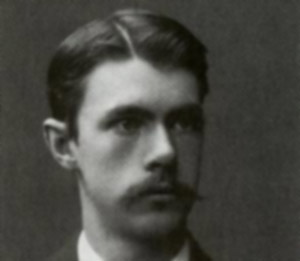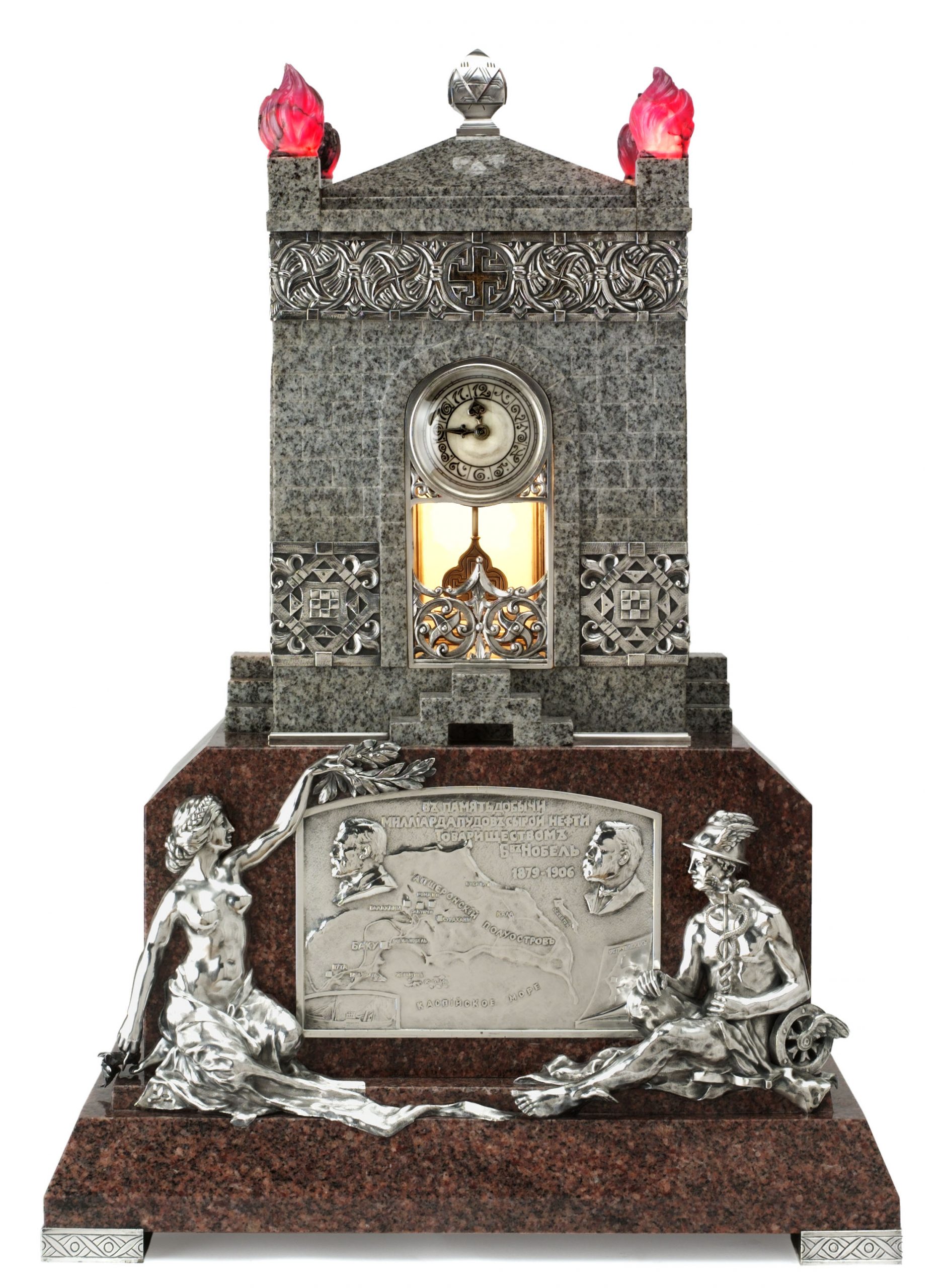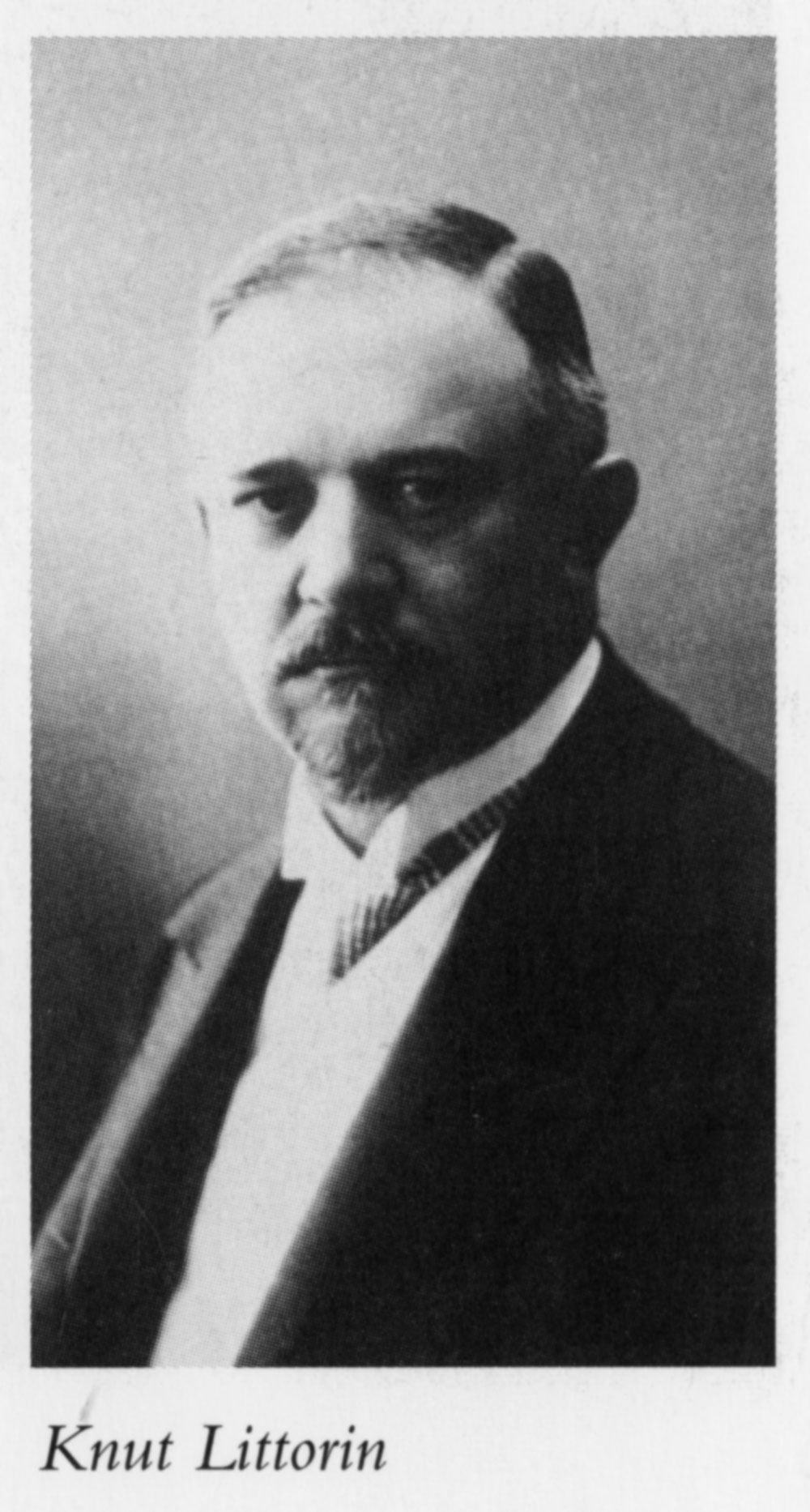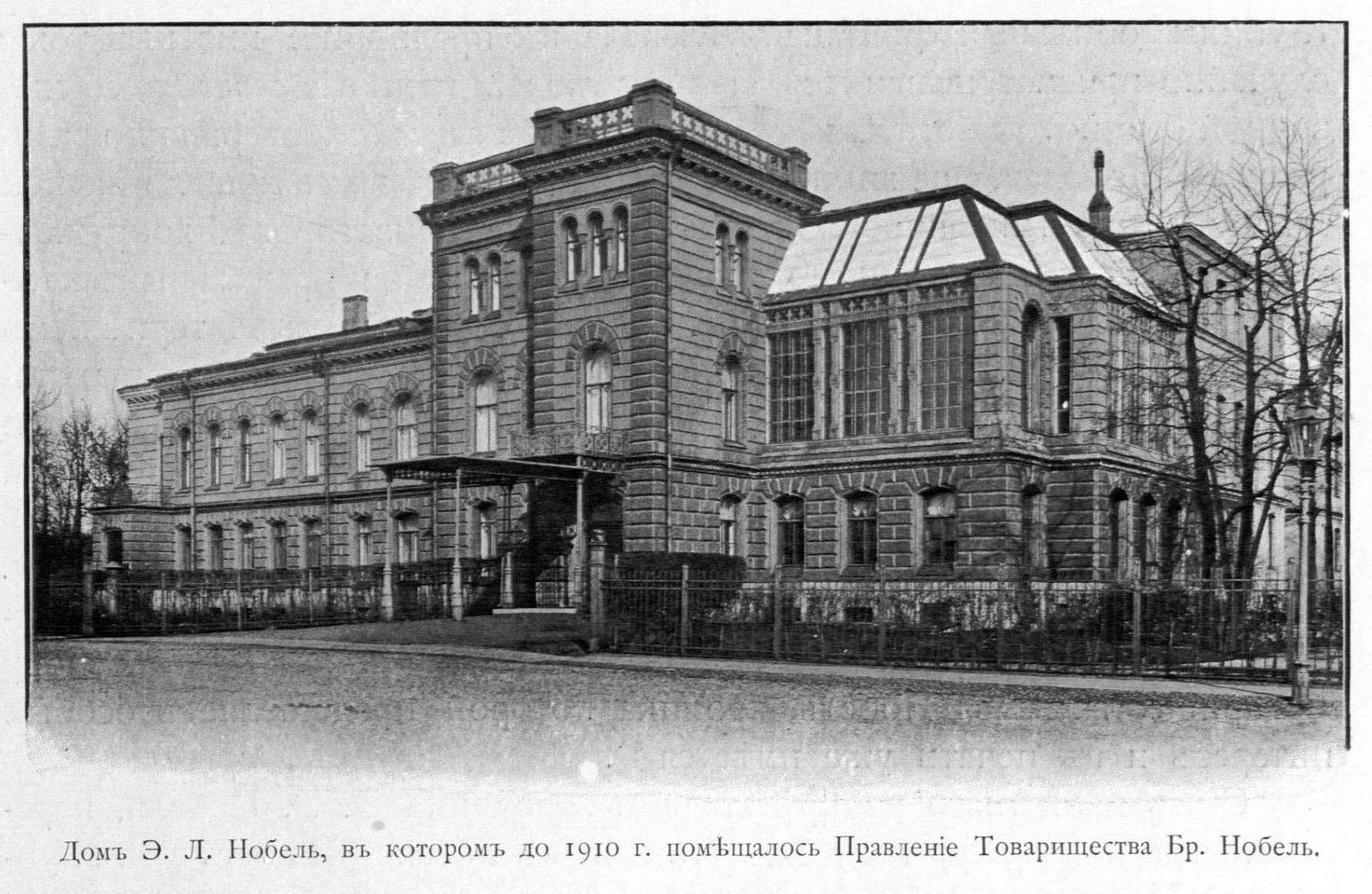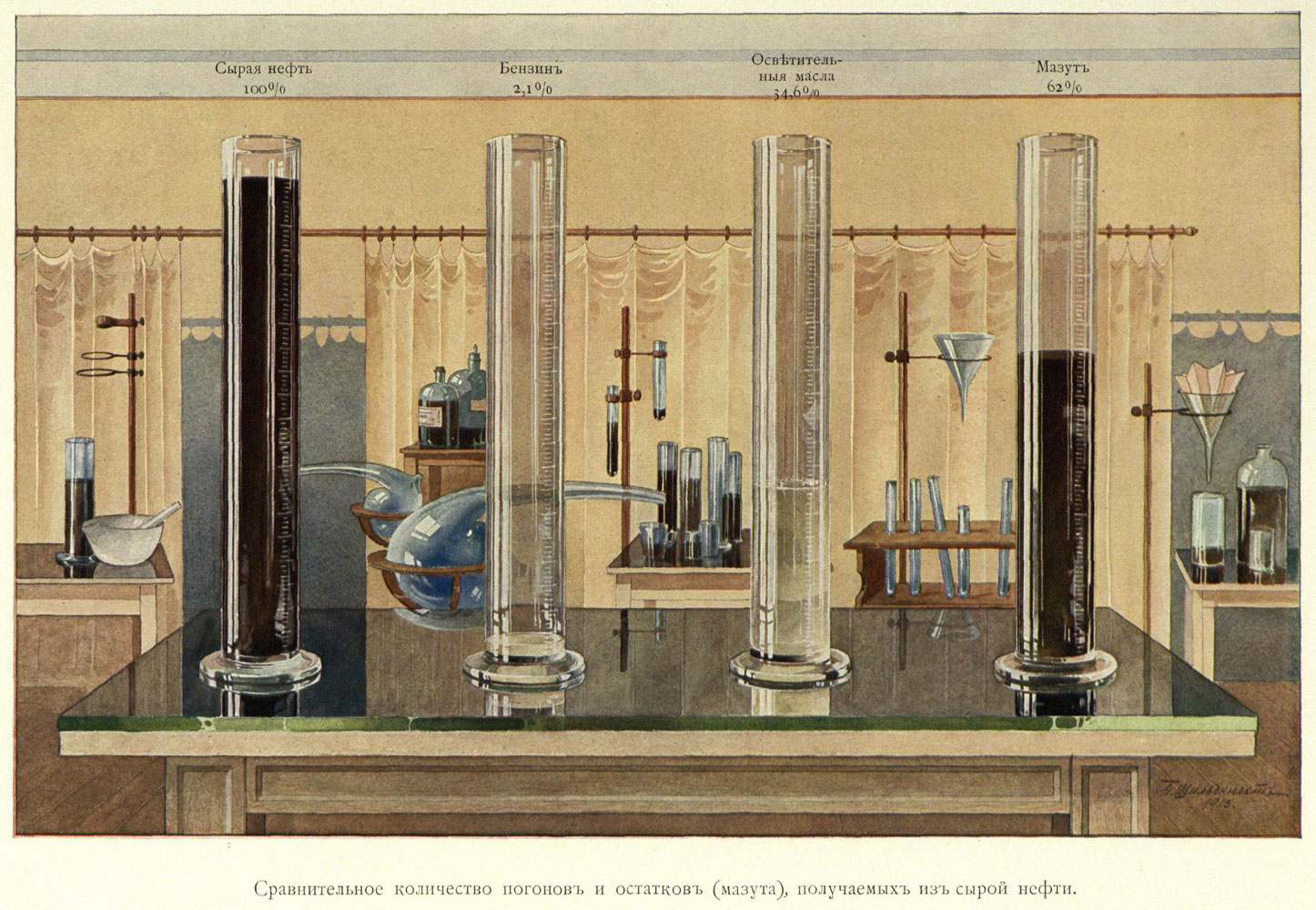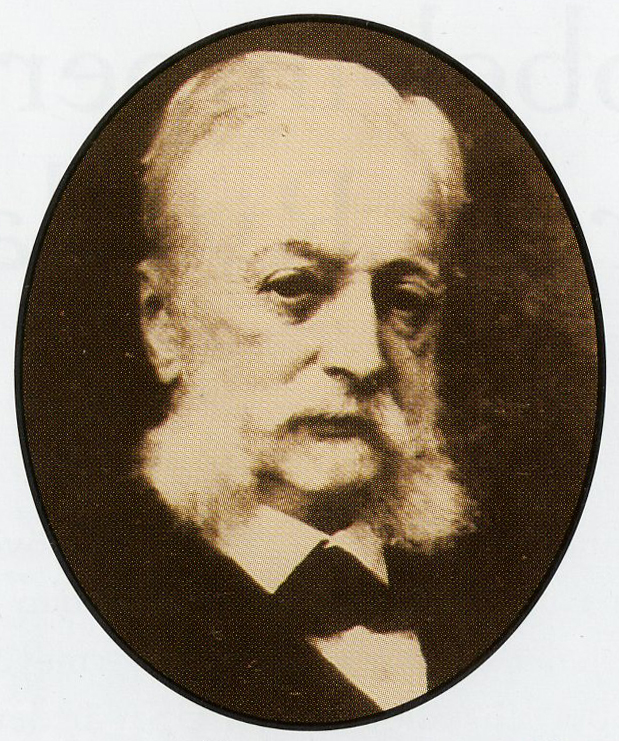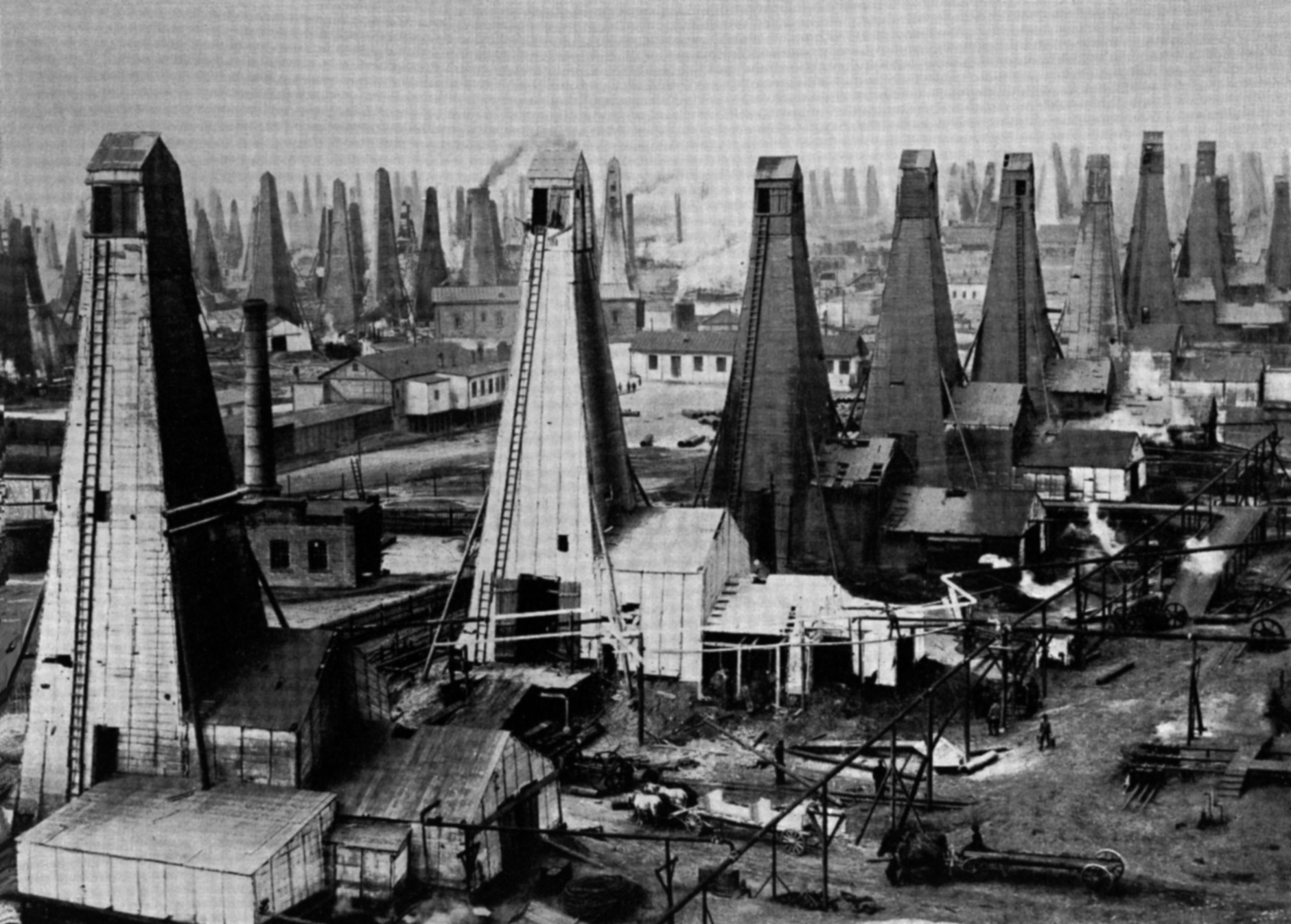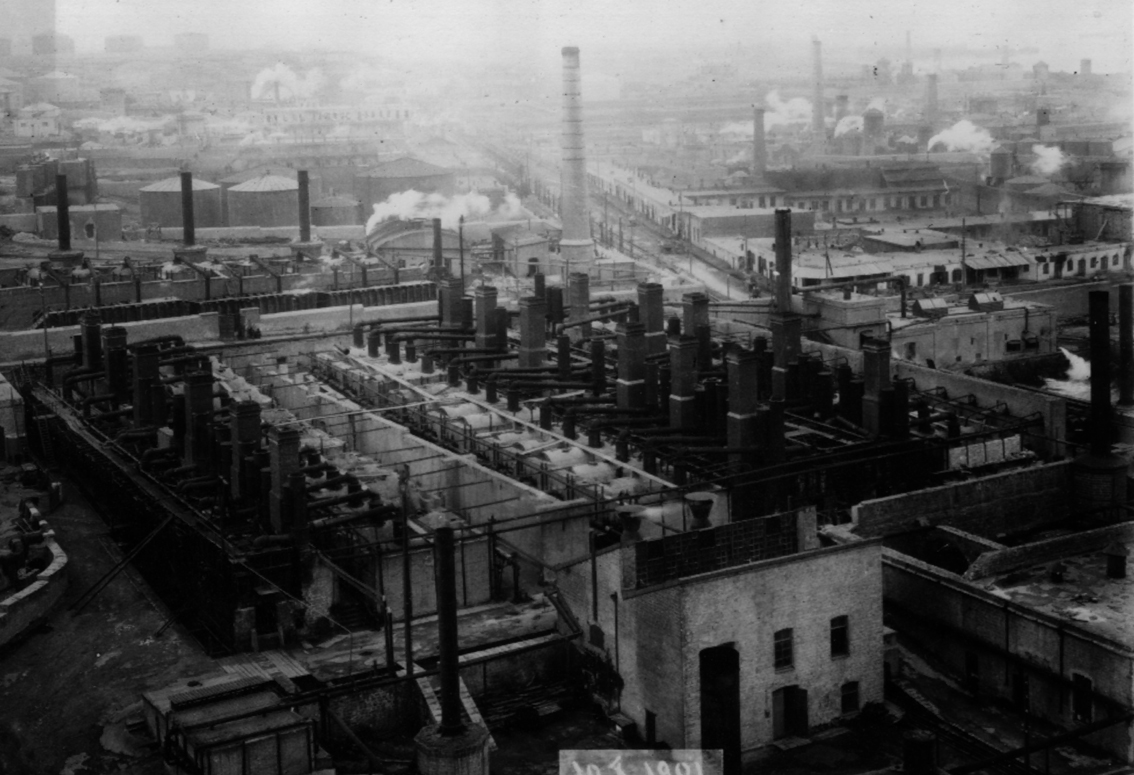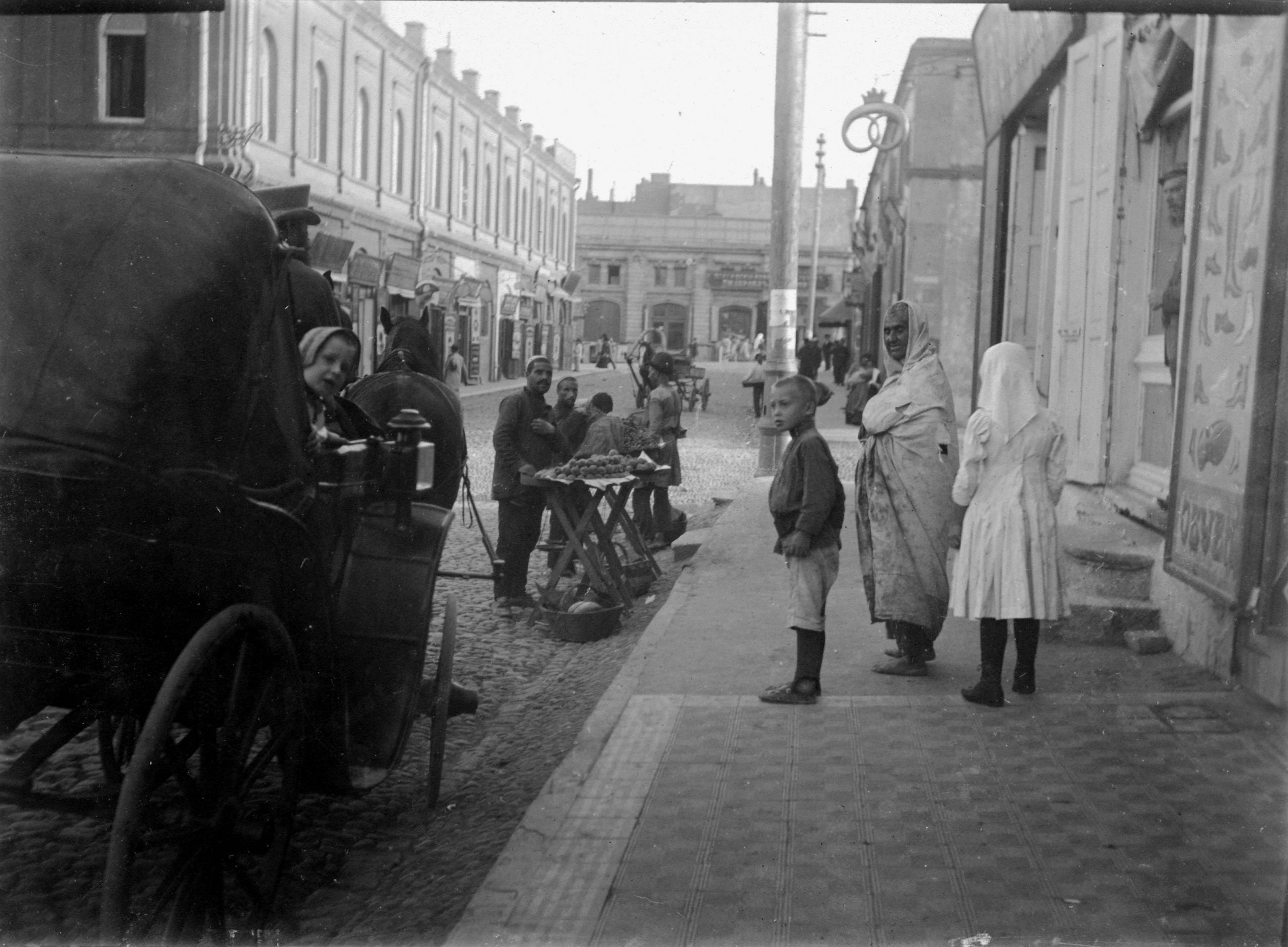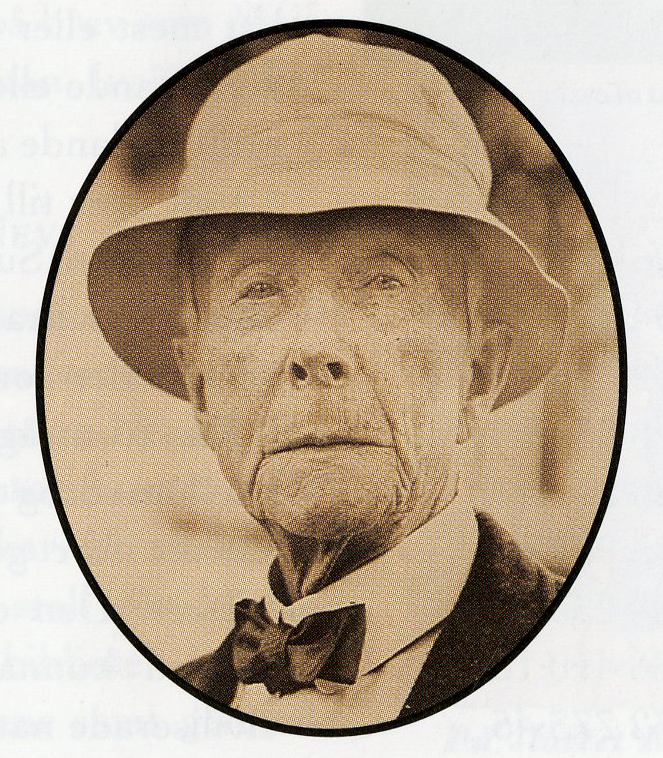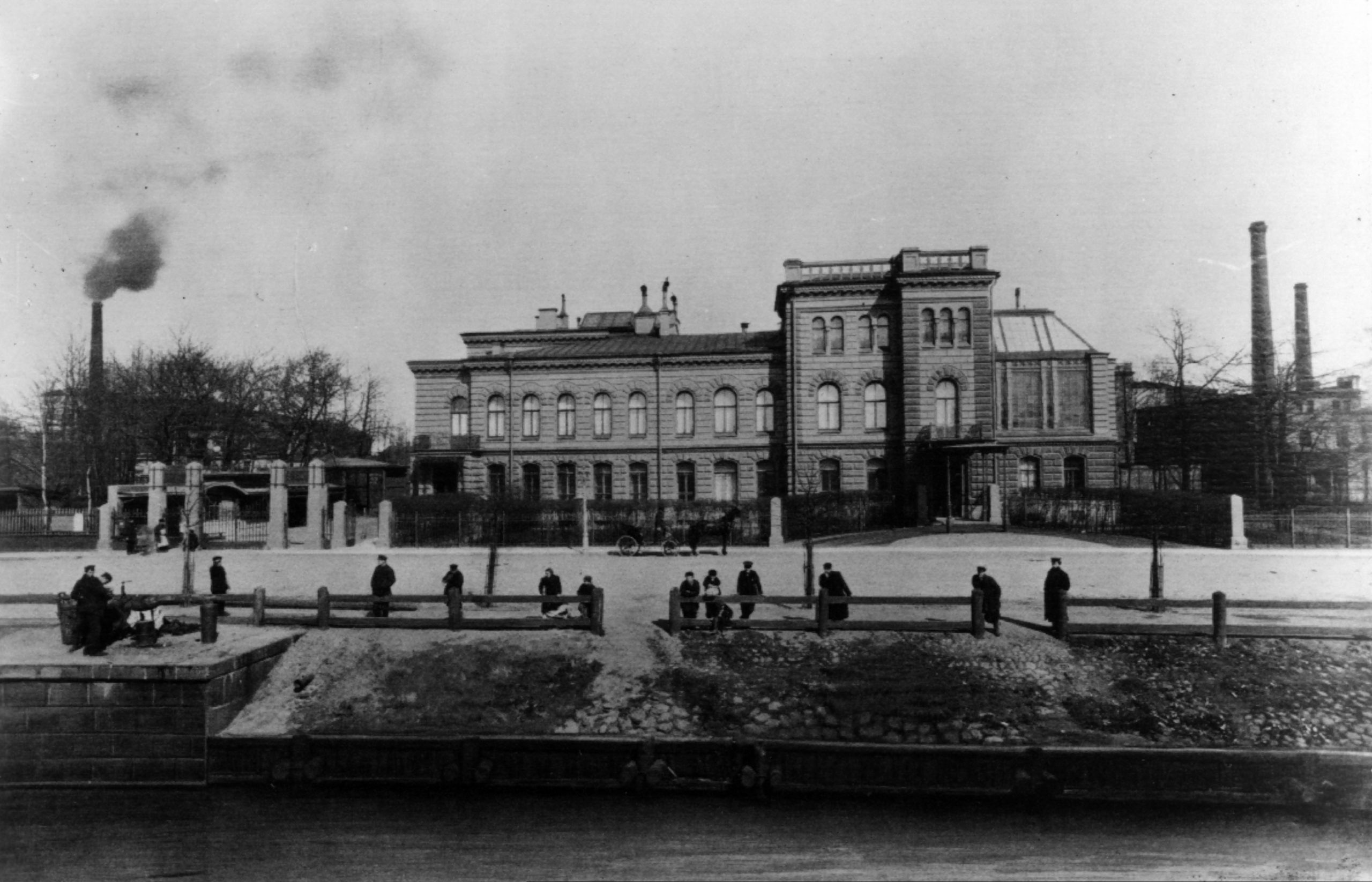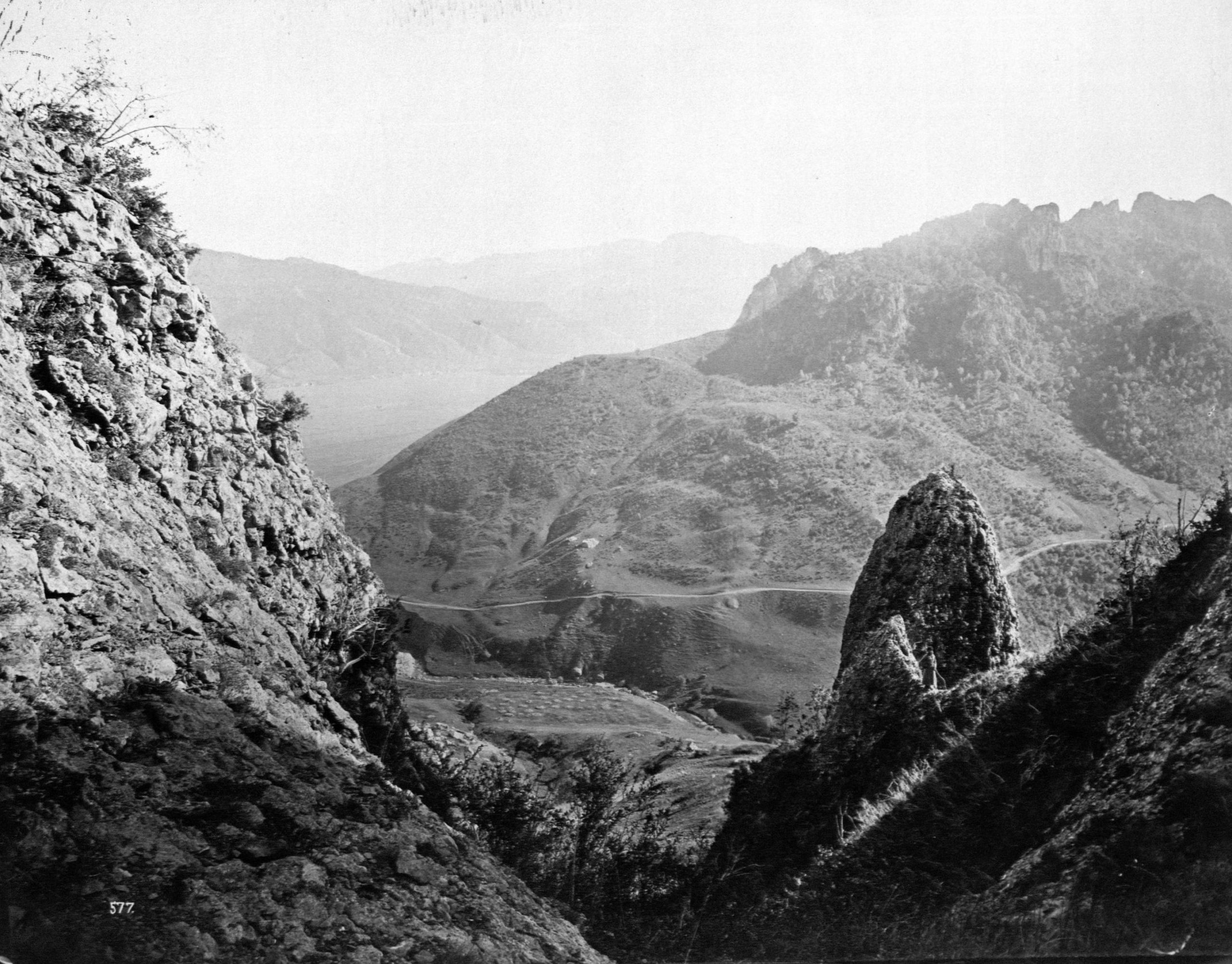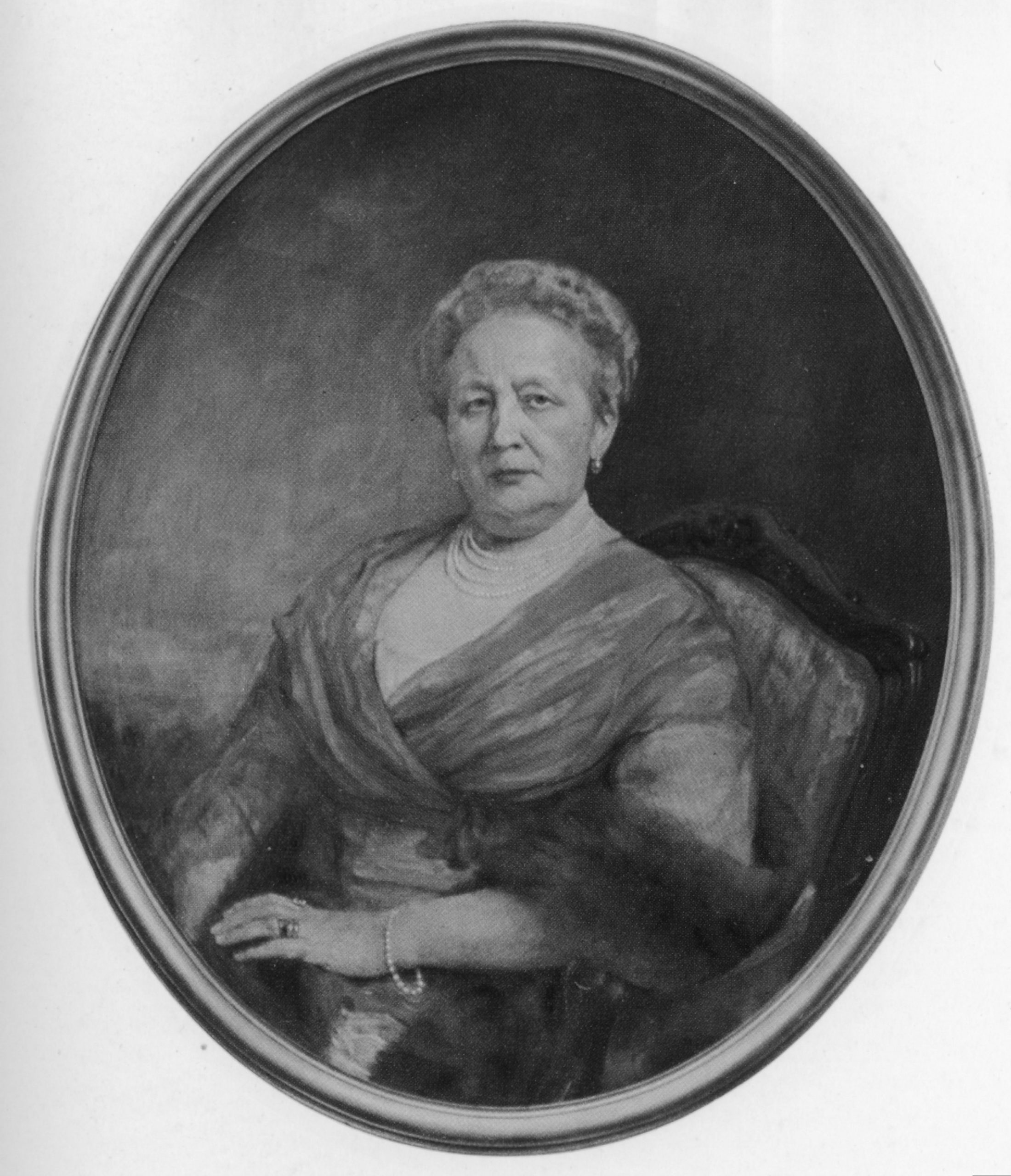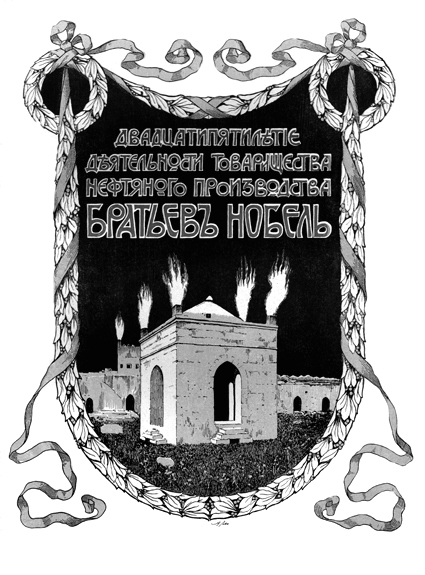
Branobel got off to a flying start and continued to develop throughout its operation. The technical and organisational competence that was built up made the company a leading actor on the world market.
Branobel consolidated as conglomerate
Following Ludvig Nobel’s death, his sons Karl and Emanuel, who in practical matters had always been guided by their father, continued to succeed in transforming innovations in science and technology into effective, practical applications in production.
1970 – a drawn-out liquidation process reaches its end
In 1970, 90 years after the foundation of the company and 50 years after its nationalisation, the end finally came. The remains of the huge oil empire had been managed, and reasonably protected, through two major wars. Ultimately, there were still assets worth close to SEK one billion.
A born merchant from Moscow heads Branobel’s Moscow office
The Nobel Brothers’ Branobel had storage depots in virtually all the major cities of the Russian empire. The local offices had several important duties, mainly to keep the company management in St. Petersburg informed of all outgoing and incoming production through reports and other documents. The regional office in Moscow played a key role and was successfully managed by Knut Stepanovich Littorin.
Efficient organisation distinguished Branobel as a company
Entering the Azerbaijani market in 1879, Branobel quickly occupied a key position in the local oil industry. By all significant measures, it left its adversaries behind. Branobel represented oil production independent of imperial holdings. It included supply to industries, the processing of oil at local factories, and the marketing of oil products. It also distinguished itself by a highly organized work force, high wages and a sophisticated administration.
Petrochemical products from lamp oil to cannon grease
The Moscow branch of Branobel was a key hub in the oil distribution network. But it also served a number of local customers. Many of these were private companies, but a substantial number were either organisations or government agencies.
The oil companies merge
By the end of the 19th century, the European oil companies had been resisting the American Standard Oil's attempts to gain a foothold in Europe and Russia for more than 30 years. But they had also been fighting among themselves, which made them vulnerable. Now they tried to merge.
Branobel celebrates it’s 30th anniversary – but the Baku oil is running out
In 1909, Branobel celebrates its 30th anniversary, the same year as its head, Emanuel Nobel, turns 50. Emanuel is given the title of His Excellency by the Russian state, which few private individuals were granted. There was every reason to celebrate – but in Baku the oil is beginning to run out...
A great deal at stake over the sale of Branobel
The battle for the oil markets continued despite the outbreak of the First World War in 1914. The stakes for power over the Russian oil market were high and extremely uncertain, particularly as a result of the threat from the Bolsheviks of coming nationalism. There will be many turns in the game before Branobel's plants in the still independent Baku are finally sold to the American Standard Oil in 1920.
How everything started
On a journey to Baku in 1874, Robert Nobel buys a small refinery and a parcel of land from the master of the river boat he is travelling with. Just a year later, he finds oil on the island of Cheleken in the Caspian Sea. This is the start of the oil industry that was to dominate the Russian oil market a long time into the future.
Rockefeller’s Standard Oil gets competition from Nobel
At the beginning of the 1870s, the European oil market was dominated by John D Rockefeller's company, Standard Oil. But the Americans would soon have tough competition from the Nobel brothers' newly-started oil company, Branobel. The new-found oil in Robert Nobel's oil plant in Baku flowed and, with the help of the Russian government in the form of increased export duties, Branobel grew at a rapid rate despite the, initially, backward technical level.
Ludvig’s engineering works – the foundation of the Nobels’ success
After the Russian Revolution and his return to Sweden, the young Swedish engineer Anton Carlsund writes down his memories of his work at Ludvig Nobel's engineering works in St Petersburg. Through his reports, we find out, among other things, that it was orders from the Russian army that laid the foundation for Nobel's successes and travelling on the "Nobel wheel" was all the rage in St Petersburg.
Adventurous journeys in the hunt for more land
At the beginning of the 1880s, Branobel needs new land for its plants. The Finn, Gustaf Törnudd is the new managing director in Baku and sets off on adventurous buying trips to the north and west.
The oil barons in Baku are forced to work together
The competition between the oil barons in Baku is tough and unrelenting for many years. At the same time, the area is, despite its riches, treated like a distant colony. Their desire to create better conditions and an effective city leads to the oil barons joining together in a committee. In 1892, this collaboration develops into a syndicate in order to deal with the competition from the American Standard Oil.
The Branobel company is formed
The heavy investments in oil extraction were capital-intensive. Robert and Ludvig Nobel needed more money to be able to continue their expansion. They consulted their younger brother, Alfred, in Paris, who suggested that they should form a limited company to bring in fresh capital to the business.

